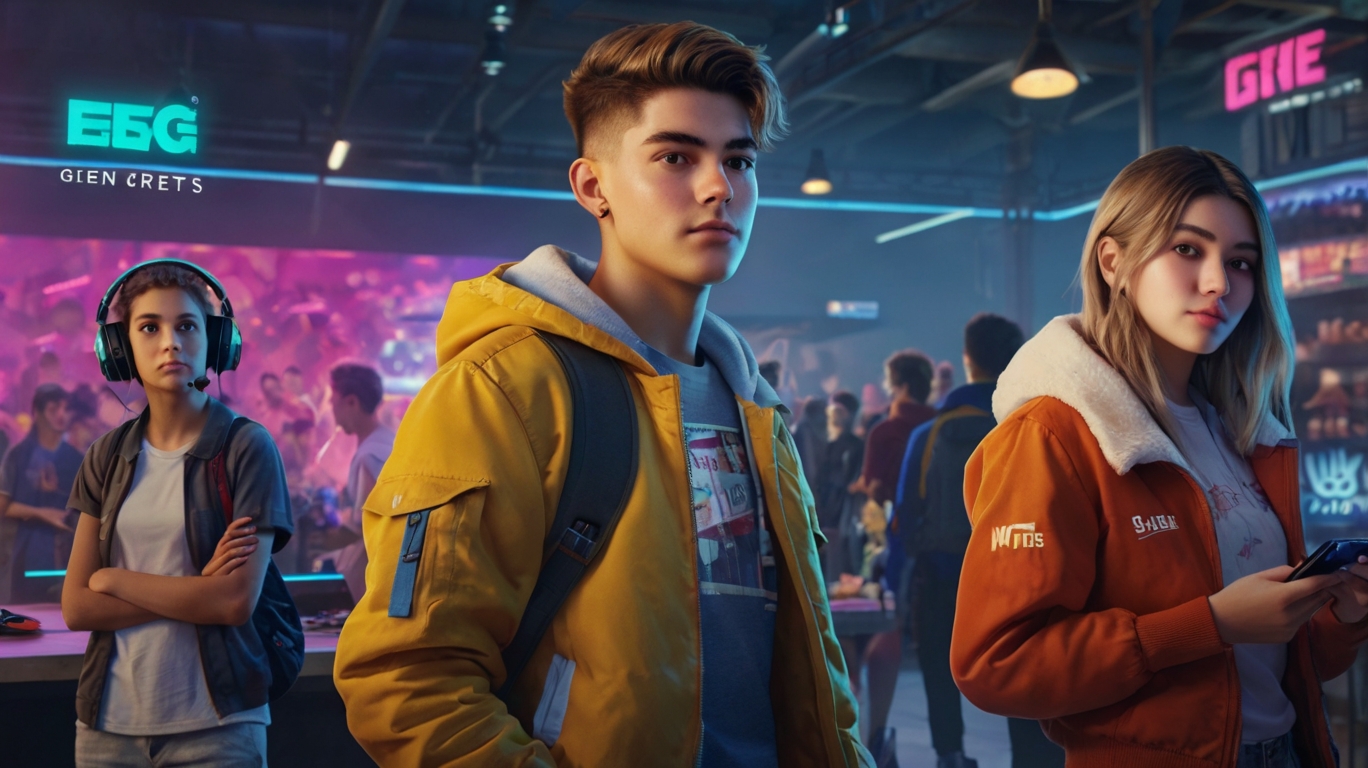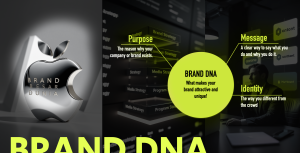As the first generation to grow up entirely in the digital age, Gen-Z represents a unique and powerful consumer group. Born between the mid-1990s and early 2010s, this demographic is characterized by their tech-savviness, preference for authenticity, and strong presence on social media and gaming platforms. For brands looking to capture the attention and loyalty of Gen-Z, leveraging relevant influencers and utilizing e-sports media are key strategies. Here’s how to effectively engage this dynamic audience.
Understanding Gen-Z
Before diving into strategies, it’s important to understand the characteristics and preferences of Gen-Z:
- Digital Natives: Gen-Z has grown up with smartphones, social media, and instant access to information. They are adept at navigating digital platforms and value seamless, fast experiences.
- Authenticity and Transparency: This generation values authenticity and is quick to see through inauthentic marketing. They prefer brands that are transparent and socially responsible.
- Interactive and Engaging Content: Gen-Z favors interactive content and experiences. Traditional advertising methods are less effective with this group compared to interactive, engaging, and immersive content.
Strategy 1: Leveraging Influencers
Influencers play a crucial role in Gen-Z’s purchasing decisions. They follow and trust influencers who align with their values and interests. Here’s how to leverage influencers effectively:
Choosing the Right Influencers
- Relevance: Ensure that the influencer’s audience matches your target demographic. For Gen-Z, this often means younger influencers who are active on platforms like Instagram, TikTok, and YouTube.
- Authenticity: Partner with influencers who genuinely believe in your product or service. Authentic endorsements are far more effective than paid promotions that feel forced.
- Engagement: Look for influencers with high engagement rates rather than just a large number of followers. High engagement indicates that their audience is active and invested in their content.
Examples of Successful Influencer Campaigns
- Nike and YouTube Stars: Nike has successfully partnered with YouTube influencers who are athletes or fitness enthusiasts, creating relatable and engaging content that resonates with Gen-Z.
- Fenty Beauty and Rihanna: Fenty Beauty’s collaboration with Rihanna, who is deeply involved in product development and marketing, has created a brand that feels authentic and inclusive, appealing strongly to Gen-Z consumers.
Strategy 2: Utilizing E-Sports Media
E-sports has exploded in popularity, particularly among Gen-Z. Leveraging e-sports media can help brands tap into this engaged and growing audience.
Why E-Sports?
- Massive Reach: E-sports events attract millions of viewers globally, many of whom are in the Gen-Z age group.
- Engaged Community: E-sports fans are highly engaged and passionate, providing a fertile ground for brand engagement and loyalty.
- Cross-Platform Presence: E-sports content is consumed across multiple platforms, including Twitch, YouTube, and social media, offering diverse touchpoints for brand interaction.
How to Leverage E-Sports
- Sponsorships and Partnerships: Sponsor e-sports teams, events, or tournaments to get your brand in front of a large and engaged audience. Partnerships with popular e-sports teams or players can also enhance brand visibility and credibility.
- In-Game Advertising: Integrate your brand into popular games through in-game advertising or branded content. This can create a seamless and immersive brand experience.
- Exclusive Content and Merchandise: Collaborate with e-sports organizations to create exclusive content or merchandise that resonates with fans. Limited-edition products or exclusive behind-the-scenes content can drive engagement and loyalty.
Examples of Successful E-Sports Campaigns
- Adidas and Ninja: Adidas partnered with popular e-sports player Ninja to launch a line of branded sneakers, successfully tapping into his massive following and the broader e-sports community.
- Coca-Cola and League of Legends: Coca-Cola’s sponsorship of League of Legends events has positioned the brand prominently within the e-sports space, creating strong brand association with the excitement and community of the game.
Conclusion
To effectively market to Gen-Z, brands must embrace authenticity, leverage influencers who resonate with this demographic, and utilize the dynamic and rapidly growing world of e-sports. By understanding the preferences and behaviors of Gen-Z, and implementing strategies that align with their values and interests, brands can build lasting connections and drive engagement with this powerful consumer group.





